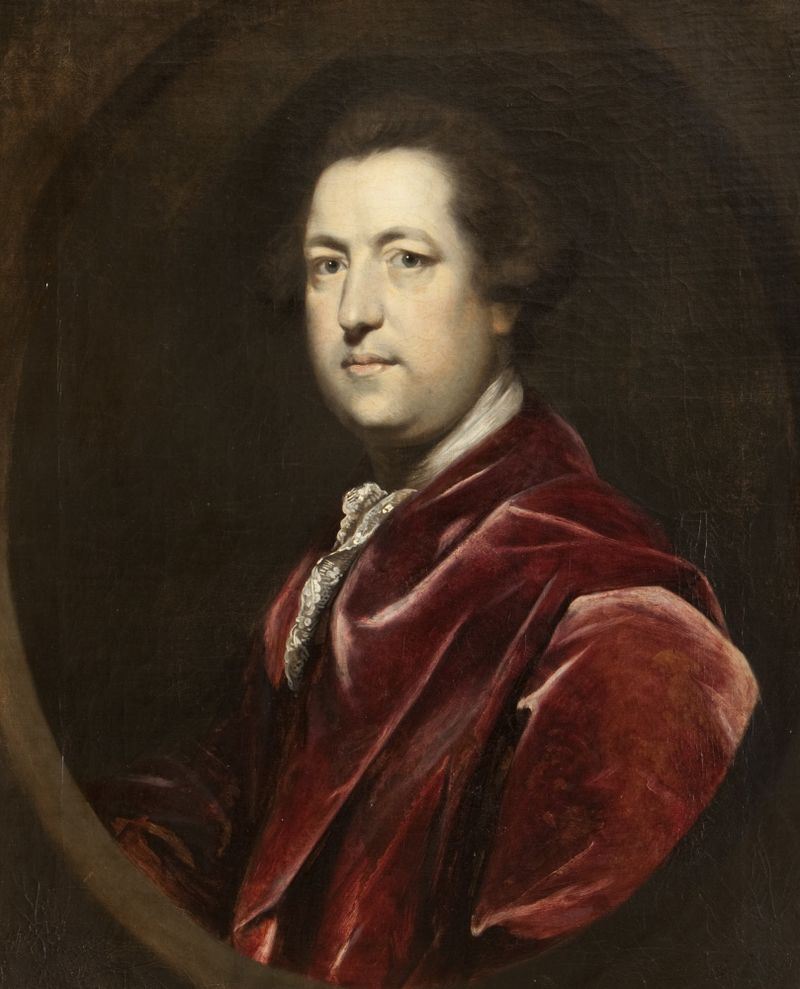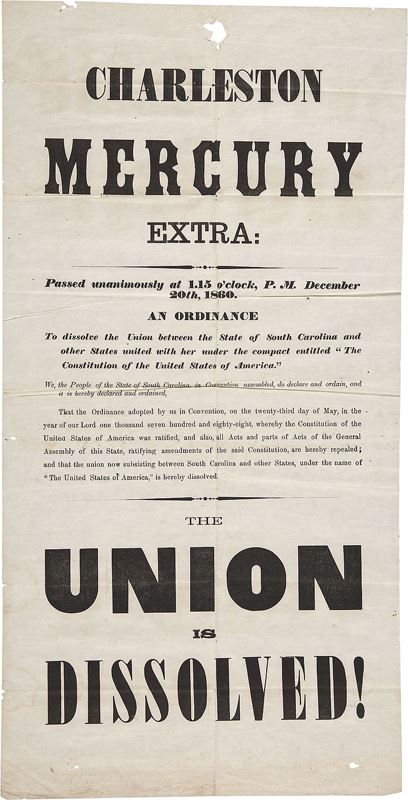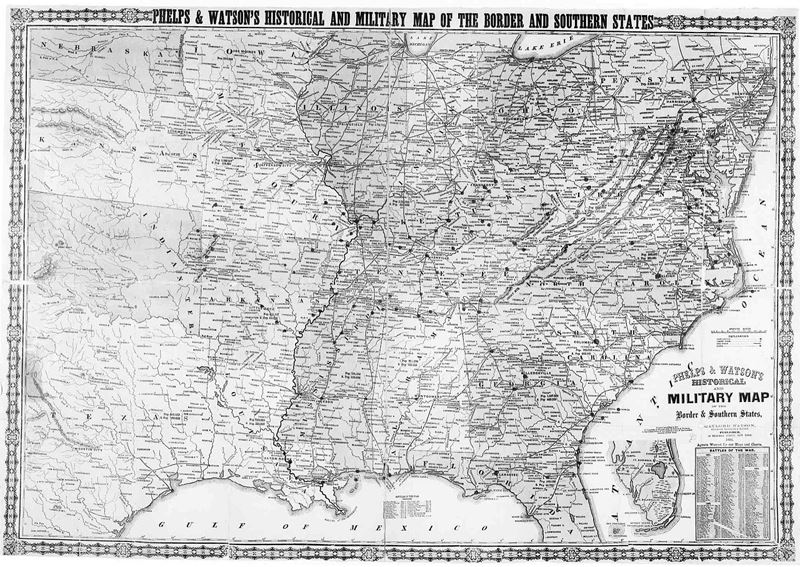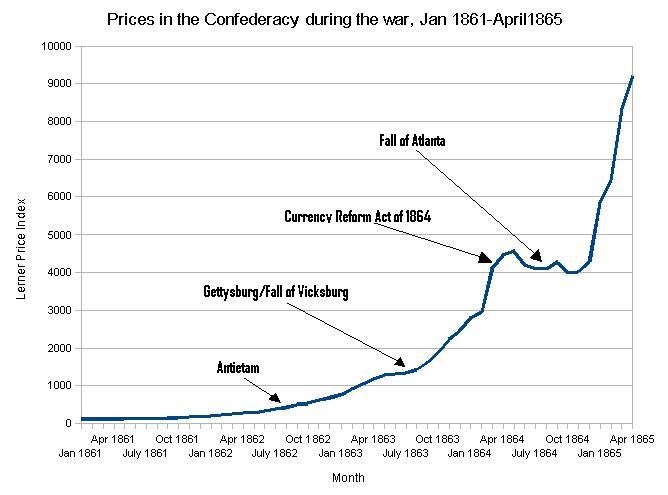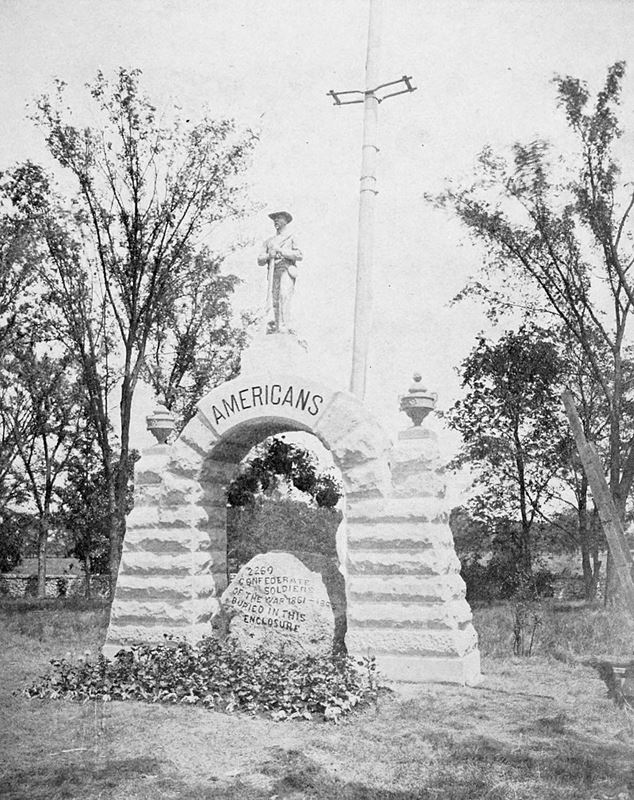The Townshend Acts met stiff resistance in the colonies, and public opposition to them was widely debated in colonial newspapers. Opponents of the Acts gradually became violent, leading to the Boston Massacre of 1770. The Acts placed an indirect tax on glass, lead, paints, paper, and tea, all of which had to be imported from Britain. This form of revenue generation was Townshend’s response to the failure of the Stamp Act 1765, which had provided the first form of direct taxation placed upon the colonies. However, the import duties proved to be similarly controversial. Colonial indignation over the acts was expressed in John Dickinson’s Letters from a Farmer in Pennsylvania and in the Massachusetts Circular Letter. There was widespread protest, and American port cities refused to import British goods, so Parliament began to partially repeal the Townshend duties.[4] In March 1770, most of the taxes from the Townshend Acts were repealed by Parliament under Frederick, Lord North. However, the import duty on tea was retained in order to demonstrate to the colonists that Parliament held the sovereign authority to tax its colonies, in accordance with the Declaratory Act 1766. The British government continued to tax the American colonies without providing representation in Parliament. American resentment, corrupt British officials, and abusive enforcement spurred colonial attacks on British ships, including the burning of the Gaspee in 1772. The Townshend Acts’ taxation of imported tea was enforced once again by the Tea Act 1773, and this led to the Boston Tea Party in 1773 in which Bostonians destroyed a large shipment of taxed tea. Parliament responded with severe punishments in the Intolerable Acts 1774. The Thirteen Colonies drilled their militia units, and war finally erupted in Lexington and Concord in April 1775, launching the American Revolution.
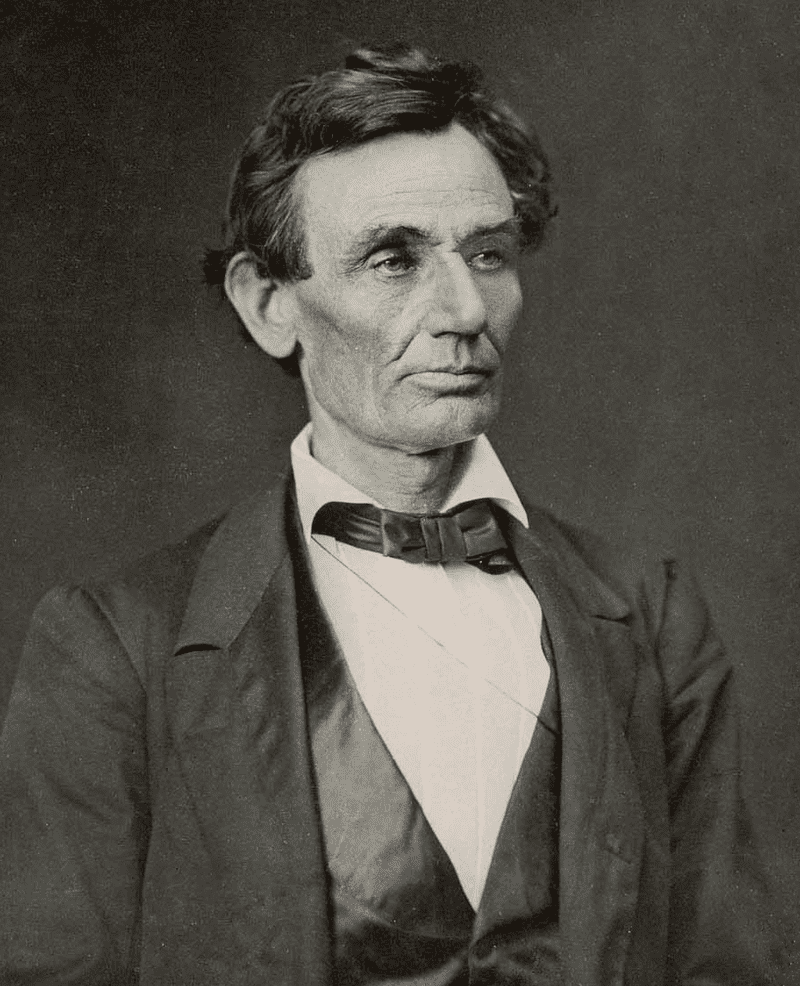
1860 United States presidential election
The election of Abraham Lincoln in November 1860 was the final trigger for secession.[109] Southern leaders feared that Lincoln would stop the expansion of slavery

